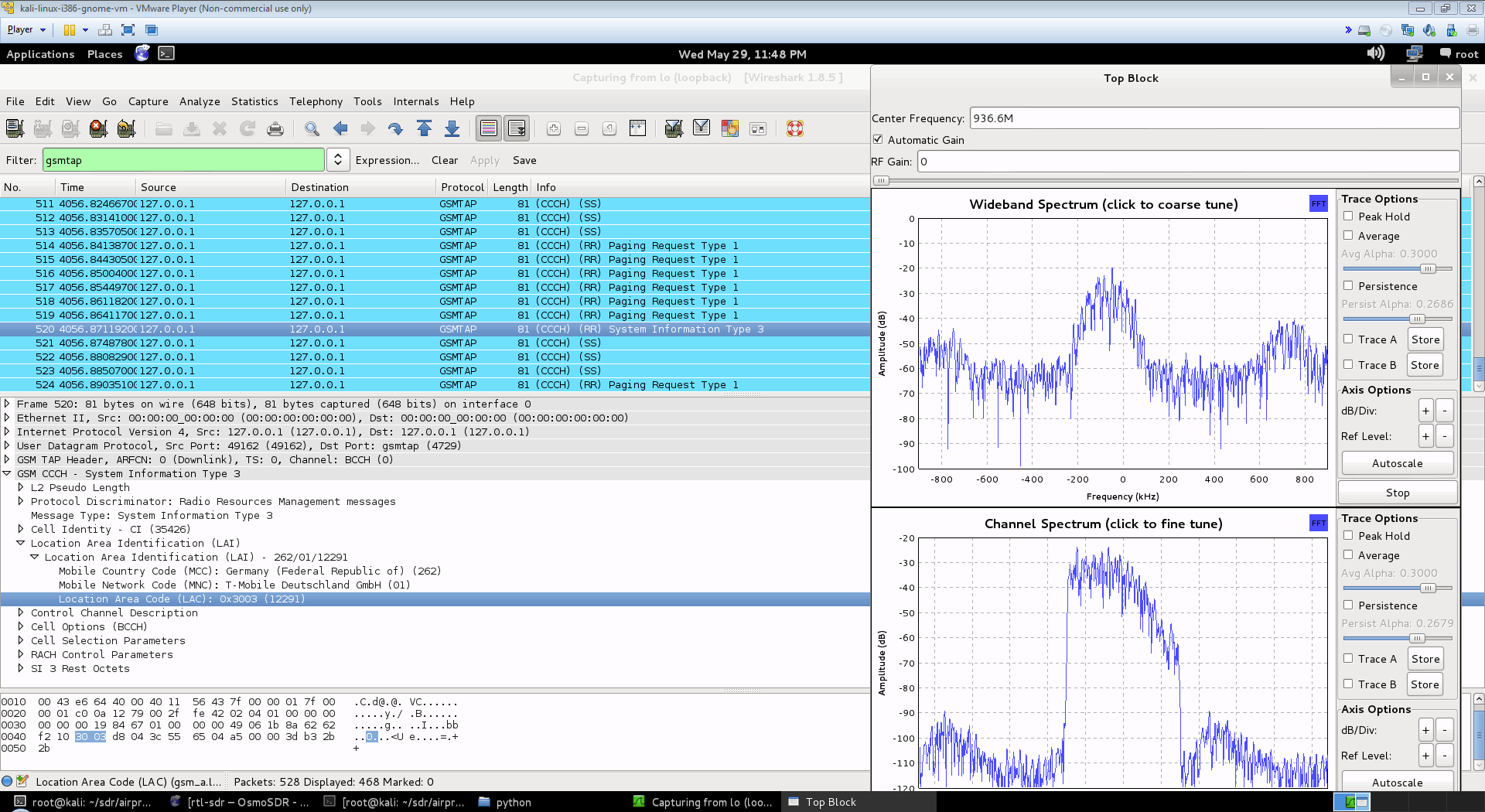A subreddit for the low-cost, DIY software defined radio (SDR) community. While originally dedicated just to the project, relevant legal content related to general SDR, RF and similar projects is also welcomed.Feel free to ask questions but please. Rtl-sdr'rtl-sdr' is a generic term for cheap USB digital TV (DVB-T) receivers that use the Realtek RTL2832U chipset, which can function as general purpose software defined radios (receive only).
All rtl-sdr compatible devices employ the RTL2832U as an ADC and USB controller, but different RF tuners may be used.Note that rtl-sdrs do not transmit!Typical specs (some depend on specific tuner):. Cost: $5-45 USD. Frequency range: 24 - 1760 MHz (100 KHz - 24 MHz in direct sampling mode).

Max sample rate: 3.2 MS/s (2.6 MS/s in practice). Resolution: 8 bits/sample. Noise figure. Take a look here:What agency/system are you referring to?Forgive me, but I've run across many instances in the past where folks confuse digital voice with 'encryption'Best case scenario you need to look at using software like DSD+ with your RTl SDR dongle.If its truly encrypted voice your ability to crack the crypto is probably going to be quite an undertaking.
There are some references to breaking encryption on a P25 system that I have come across. However if the agency in question changes the 'keys over the air' routinely its going to be a whole lot more trouble. As far as I know there are no 'stand alone' apps which can do the job for you. Most of the research I have seen regarding breaking voice crypto has been very technical and requires more than an above average understanding. (Proof of concept code is usually self censored by the researchers to protect from malicious abuse)I'm not saying 'give up, its not worth your time.' Although you might be unsuccessful in you endeavor to listen to 'encrypted' transmissions you might learn a few things along the way.One final note: In the US there may be legal ramifications to consider with breaking encrypted law enforcement traffic. But I'm no lawyer so Ill leave that aspect to someone else that thinks their google skills constitute a Bar Association certification.
P25 Decoder Scanner
It wont hurt to ask an officer about their radios, however don't be discouraged if they say 'our radios cant be monitored.' About 4 years ago I was talking to one of my classmates who happened to be local law enforcement. He was completely shocked when I told him that I had a scanner at home that could monitor their agency. (a GRE PSR500 I got off of amazon.com) Apparently, either from a misunderstanding, or lack of training he was under the impression that the trunked Motorola system with P25 digital voice, was not able to be monitored by anyone. Although this may have been true when the system was first implemented many years ago, there have been many scanners on the market capable of monitoring such a system for quite some time.As someone who has worked in public safety, I can tell you many of the people who I worked with considered their radios to be a 'magic brick' which allowed them to talk with their coworkers. In general most LEA training does not include the technical aspects of their radio system. Instead training is focused on the basic operation and care of their radios.
P25 Capable Scanners

Uniden P25 Digital Scanner
How to change the battery, select talk groups, and sites. Really basic stuff.
Of course it never hurts to ask. Ive known a few folks in the public safety world that actually take interest in that sort of thing. I think, however, you will find the forums/database on radioreference.com to be more helpful. TETRA is more a European thing.More likely to be DMR or APCO P25 in the States.Give a try, it's entirely possible it's digital but unencrypted (unless you have reason to believe otherwise).I live in a town where no information is relayed to the local population even freedom of information acts seem to be bypassed.Spare a thought for us in the UK where it's countrywide and Airwave (our TETRA implementation) is about as locked down as a comms system is possible to get, 256-bit AES with TKIP (IIRC), monitored by the security services, and if you dare question why you're a terrorist.
P25 Security Mitigation GuideP25 Security Mitigation GuideMatt Blaze, Sandy Clark, Travis Goodspeed, Perry Metzger,Zachary Wasserman, Kevin XuUniversity of Pennsylvania10 August 2011 (Last Updated 12 December 2016)P25 SecurityIn a,we analyzed the security features of theAPCO Project 25 (P25) digital two-way radio system. P25 radios are widelydeployedin the United States and elsewhere by state, local and federalagencies, first responders, and other public safety organizations. The P25 security features, in which voice traffic can beencrypted with a secret key to frustrate unauthorized eavesdropping,are used to protect sensitive communications in surveillanceand other tactical law enforcement, military and national security operations.Because radio signals are inherently easy to detect andintercept, encryption is the primary mechanism usedto secure sensitive P25 traffic.Ourfoundsignificant - and exploitable - security deficiencies in the P25 standardand in theproducts that implement it.